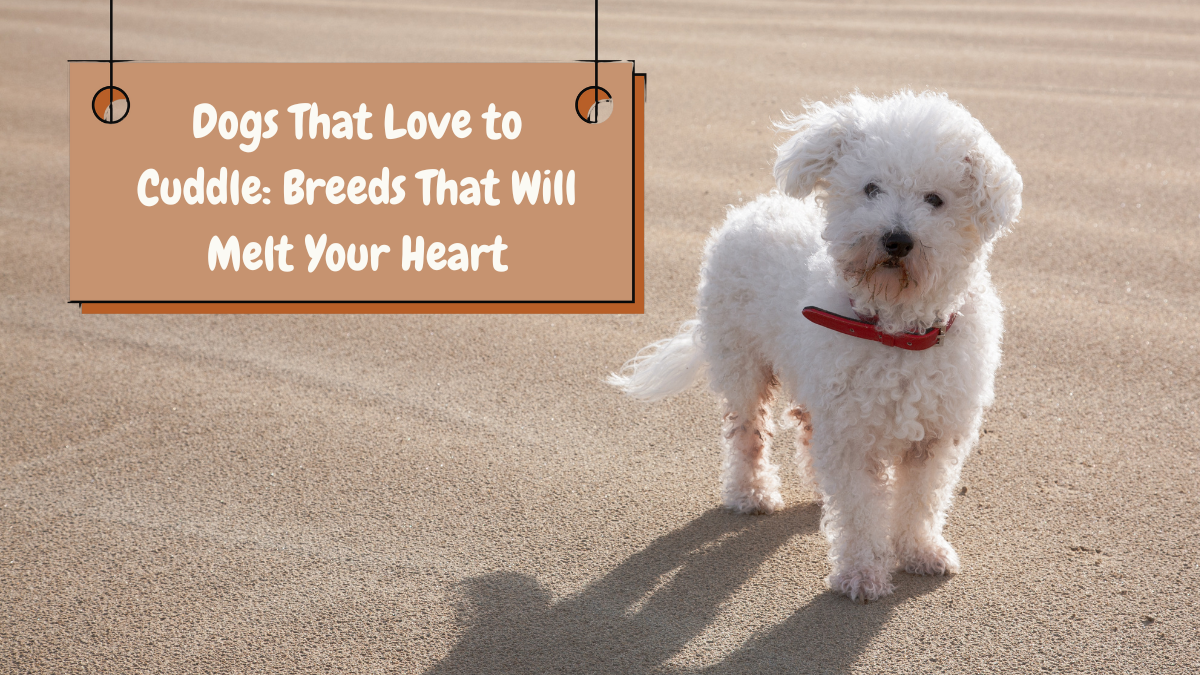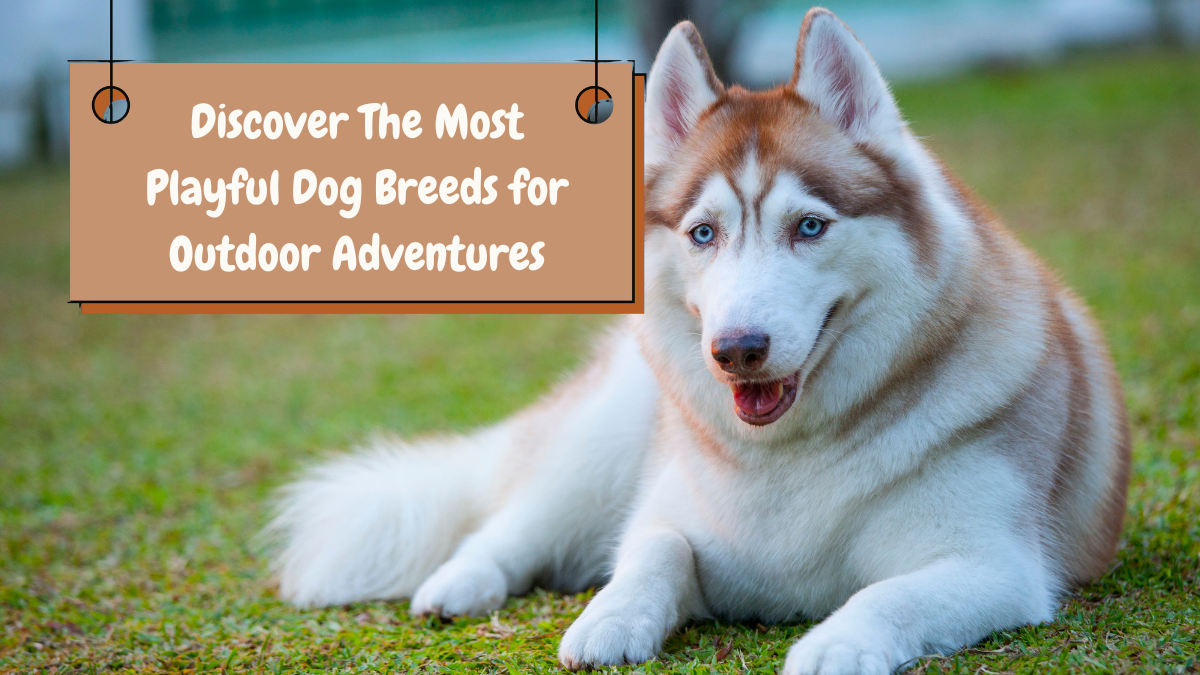When looking to adopt a rescue dog, it’s important to consider the breed that best fits your lifestyle and home. Many rescue dogs come from shelters or difficult backgrounds, but with the right care and environment, they can turn into amazing pets.
Rescue dogs are often grateful, loyal, and eager to form a bond with their new family. In this article, we will explore the top 10 rescue dog breeds that not only make fantastic pets but are also frequently found in shelters.
Why Rescue Dogs?
Rescue dogs often come from shelters due to neglect, abandonment, or surrender by previous owners. These dogs are in need of a second chance, and adopting them not only provides them with a loving home but also reduces the overpopulation crisis in shelters.
Many breeds, from small companion dogs to large working breeds, end up in shelters due to no fault of their own. By understanding which breeds make the best rescue dogs, you can make an informed decision on your next furry family member.
Top Rescue Dog Breeds That Make Amazing Pets
1. Labrador Retriever
Labrador Retrievers are known for their friendly and outgoing personalities, making them excellent companions. As one of the most popular breeds in the U.S., many Labradors are found in shelters due to overbreeding.
These dogs are intelligent and easy to train, making them ideal for first-time dog owners.
2. Pit Bull Terrier
Despite their often-misunderstood reputation, Pit Bull Terriers can make incredibly affectionate pets when raised in a loving home. They are loyal and protective, with a strong desire to please their owners.
Pit Bulls are frequently found in shelters due to breed-specific laws, but they are excellent family dogs when trained and socialized properly.
3. German Shepherd
German Shepherds are loyal, protective, and incredibly intelligent, making them great companions and service animals. Unfortunately, many end up in shelters due to their high-energy needs and large size.
They require consistent training and mental stimulation, but once settled, they are loving and dedicated companions.
4. Beagle
Beagles are known for their curious nature and strong sense of smell. These medium-sized dogs make excellent pets, especially for active families.
Due to their energy and hunting instincts, some Beagles are surrendered to shelters, but with proper training, they make wonderful companions.
5. Golden Retriever
Golden Retrievers, like their Labrador cousins, are incredibly friendly, intelligent, and loving. These large dogs are often found in shelters due to overbreeding or owners underestimating their exercise needs.
Their gentle nature makes them great with kids, and they are known for forming strong bonds with their owners.
6. Chihuahua
Chihuahuas are one of the most common small breeds found in shelters. These little dogs have big personalities and thrive in a loving home.
Though they may have a reputation for being “yappy,” with proper training and socialization, they can be calm and affectionate companions.
7. Boxer
Boxers are medium to large dogs that are full of energy and love. They make great family pets but require a good amount of exercise and mental stimulation.
Their protective instincts make them good watchdogs, and their playful demeanor makes them ideal for families with children.
8. Dachshund
Dachshunds are small, elongated dogs that are known for their spunky and fearless nature. These dogs are affectionate but can be stubborn at times, requiring patient training.
Their long backs make them prone to certain health issues, but with proper care, they are loyal and loving pets.
9. Shih Tzu
Shih Tzus are affectionate lap dogs that make excellent companions for those living in smaller spaces. They are frequently found in shelters due to their grooming needs.
Their low-energy levels make them perfect for apartment living, but their long coats require regular grooming.
10. Border Collie
Border Collies are known for their intelligence and energy, making them ideal for active individuals or families. However, their high energy levels often result in them being surrendered to shelters.
With proper training and an outlet for their energy, Border Collies can make wonderful, loving companions.
Top 10 Rescue Dog Breeds
| Breed | Size | Temperament | Exercise Needs |
|---|---|---|---|
| Labrador Retriever | Large | Friendly, Loyal, Energetic | High |
| Pit Bull Terrier | Medium | Loyal, Protective, Affectionate | Moderate |
| German Shepherd | Large | Intelligent, Loyal, Protective | High |
| Beagle | Medium | Curious, Friendly, Energetic | High |
| Golden Retriever | Large | Friendly, Affectionate, Playful | High |
| Chihuahua | Small | Lively, Loyal, Bold | Low |
| Boxer | Large | Energetic, Loyal, Protective | High |
| Dachshund | Small | Brave, Affectionate, Playful | Moderate |
| Shih Tzu | Small | Friendly, Loyal, Affectionate | Low |
| Border Collie | Medium | Intelligent, Energetic, Loyal | High |
Conclusion
Adopting a rescue dog is one of the most rewarding decisions you can make. Not only are you giving a dog a second chance, but you’re also gaining a loyal, loving companion. The breeds mentioned above are known for their affectionate nature, adaptability, and overall suitability for first-time or experienced dog owners. With proper training, socialization, and care, these rescue dog breeds will bring joy to any household.
FAQs
1. Are rescue dogs harder to train than puppies?
Rescue dogs are not necessarily harder to train, but they may require patience, especially if they have experienced trauma or neglect.
2. Is adopting a rescue dog cheaper than buying from a breeder?
Yes, adoption fees are generally lower than the cost of buying from breeders, and many shelters include vaccinations and spaying/neutering in the adoption fee.
3. Can rescue dogs bond as well as puppies?
Absolutely. Rescue dogs are often eager to form bonds and can be just as loyal and loving as any other dog.
4. Do rescue dogs have more behavioral problems?
Not necessarily. With proper care and training, many rescue dogs adjust well to their new homes.
5. What should I consider before adopting a rescue dog?
Ensure that you have the time, resources, and commitment to provide a stable and loving environment for the dog.











